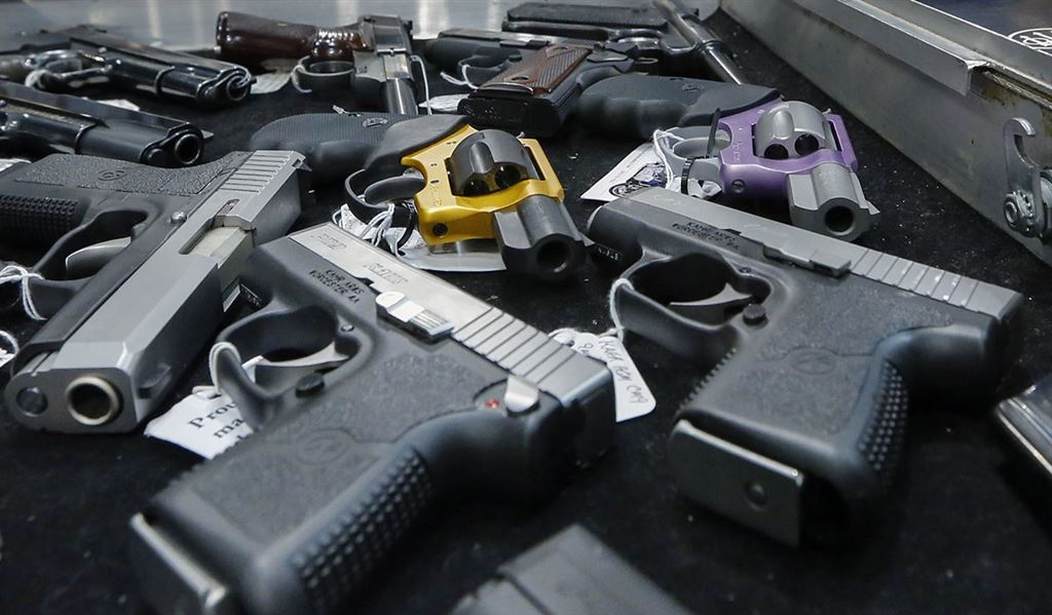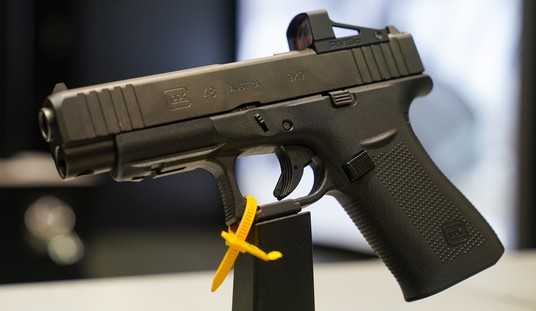Of all the anti-gun media out there, the one place I respect most is The Trace.
Don’t get me wrong, they’re horribly biased and focused completely on gun control, the antithesis of my personal existence. The difference is, they’re open about their biases, which I can respect.
However, that doesn’t mean they get things right. They’re just as likely as any of the rest of the anti-gun media to omit key bits of information that don’t reflect well on the gun control crowd. For example, take this bit about the history of the Protect of Lawful Commerce in Arms act.
In the late 1990s, more than 40 cities filed suit against the gun industry, naming dozens of gun manufacturers, distributors, and dealers as defendants. American cities had seen incredible violence in the previous decades, much of it involving handguns and connected to drug crime. City governments wanted redress, and legal victories in suits against the tobacco industry signalled that an avenue to reform might pass through the courts.
So they sued. The cases were aggressive, arguing that the entire industry should acknowledge responsibility for thousands of deaths each year. Fearing widespread reform, the National Rifle Association and the National Shooting Sports Foundation — the industry’s chief lobbying forces — launched an aggressive campaign to convince gun-friendly legislators to do something. Senator Larry Craig of Idaho and Representative Cliff Stearns of Florida, both Republicans, responded by proposing a piece of legislation that would end all pending litigation and prevent any future attempts. The NRA called it “the most significant piece of pro-gun legislation in 20 years.” It moved from introduction to President George W. Bush’s desk in eight months.
Invoking the tobacco industry is nothing more than an attempt to link one of the all-time most hated industries with another industry not enjoying a great deal of popularity at the moment.
There’s just one problem here: The tobacco industry lawsuits and the lawsuits against the firearm industry are nothing alike.
The problem with the tobacco industry was information surfacing that suggested the companies knew tobacco use was harmful, but actively suppressed that information for as long as they could. They continued to pretend cigarettes weren’t unhealthy for years later, all to protect their bottom line.
Meanwhile, nothing of the sort is even alleged to be the case with gun companies.
You see, tobacco companies were sued because they took specific actions that resulted in people simply not knowing the products were harmful. No one on the planet things guns aren’t dangerous…if misused.
That’s another key difference between the gun industry and the tobacco industry, of course. It’s impossible to use a tobacco product without the associated health risks. By contrast, millions upon millions of people use their guns without anyone being hurt on a regular basis.
So there really aren’t any parallels between the tobacco and firearm industries.
Yet those lawsuits did take place. They were real things. Gun companies were blamed for people using their products illegally, something absolutely no other industry–including the tobacco industry–has been forced to endure. Companies that complied completely with all legal requirements–something the tobacco industry didn’t do–were suddenly faced with lawsuits designed to do nothing more than punish them for selling a product that, while legal, some people didn’t like.
So, Congress stepped in.
Yes, they rolled out the Protection of Lawful Commerce in Arms Act to stop the stupid. Gun companies were being blamed for the blatant misuse of their products in an attempt to undermine the Second Amendment by driving the entire industry out of business. Had this just been about gun companies failing to disclose that they knew their products were harmful to the users, the folks over at The Trace might have had a point, much like the anti-gunners who started this stupidity.
That wasn’t the case, though.
And it’s disingenuous to pretend that connection exists and is sound reasoning for the flurry of frivolous lawsuits that erupted.








Join the conversation as a VIP Member